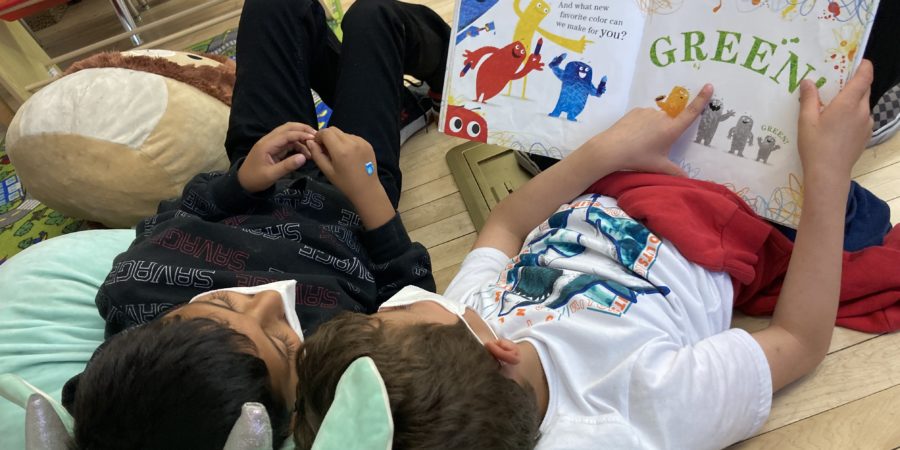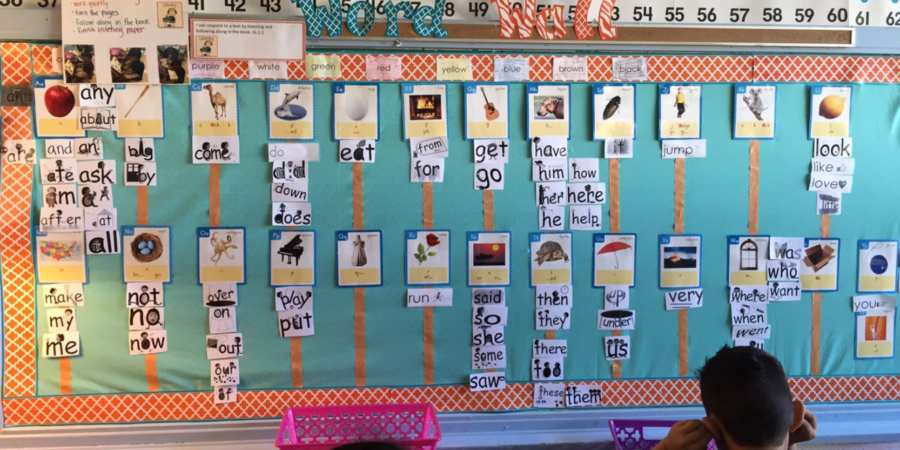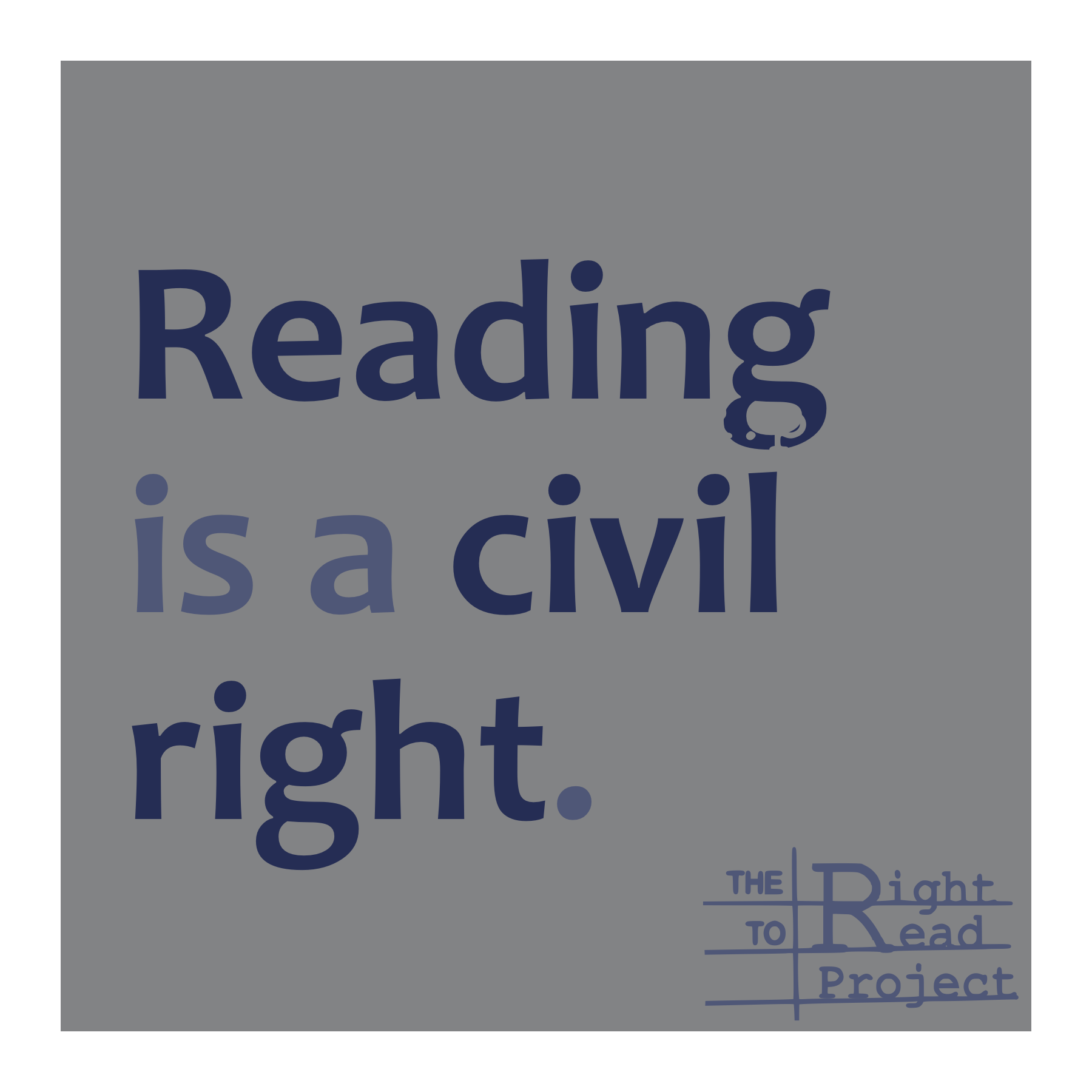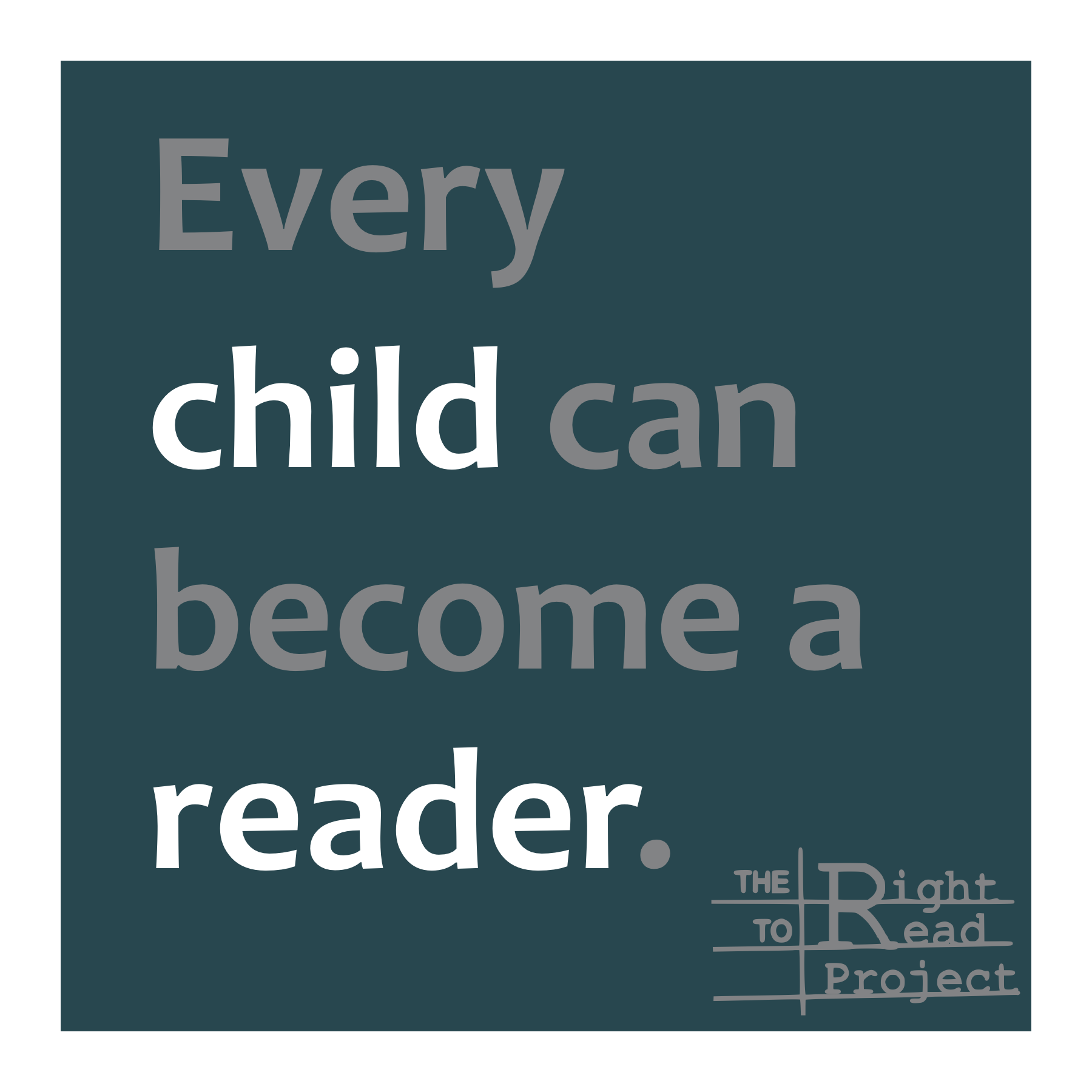I thought experiencing reading difficulty of our own could help us relate to the comprehension challenges that our students face, so I planned a professional development session for the teachers at my school. To select a text to share, I followed the parameters we often use when choosing passages for students: But also, it was really hard. I prepared a lesson by drafting questions, collecting kid-friendly/teacher-friendly definitions for the challenging
New (School) Year’s Resolutions
Perfect Isn’t Possible I love the bustle of a new school year. In the days before school starts, I organize and label absolutely everything, from the books in my classroom library to the blocks of time in my planbook. I remember and laugh at my grandma’s joke– “Everything’s perfect until the kids come!”– but still I spend hours color coding and alphabetizing. Kids will doodle on their notebooks, glue sticks
For the Students We Wish We’d Taught Better
This Letter Was Originally Published in The Hechinger Report To the Editor: Re OPINION: A call for rejecting the newest reading wars Nov. 18, 2022 We are teachers who were sold the very story that journalist Emily Hanford describes in her new podcast: a myth about how students learn to crack the alphabetic code. So, we were disappointed to see the recent letter by fifty-eight professors, authors and curriculum developers

Letting Hero-Worship Go
As discussion of Emily Hanford’s new podcast builds, teachers are questioning stories we were sold by people we trusted. For some teachers, this is the first time they’ve doubted instructional materials that are ubiquitous in elementary and reading intervention classrooms. When we question the tenets of Balanced Literacy, teachers can unearth a trove of information. But how to make sense of it all? As researchers Stanovich and Stanovich explain: The

Seeing the Good in Balanced Literacy… and Moving On
Though Balanced Literacy was wrong about some important things, it has practices worth saving. And understanding the good in that approach to teaching literacy can help us transition to more effective instruction. Seeing the Good Balanced Literacy taught us the… Importance of a print-rich classroom Love of reading aloud to children Value of students seeing us write Pride in having an extensive classroom library Power of a mini-lesson Utility of

Can We Please Stop Talking About Phonics?
Can We Please Stop Talking About Phonics? The discussion about the science of reading and its refutation of Balanced Literacy is often mischaracterized as being all about phonics. It’s not. But when reading researchers evaluated how a popular Balanced Literacy program addresses phonics, fluency, text complexity, building knowledge, vocabulary, and the quality of its supports for English Learners, only the part about phonics made front page news. So a lot
Dear Lucy, a second letter
Dear Lucy, When I wrote you a letter years ago, I urged you to consider the enormous impact you could have on classrooms, if you were to revise the trainings and materials offered by Teachers College Reading and Writing Project. I highlighted portions of Units of Study: Reading that instruct teachers to have students guess rather than decode words. And I made my letter public because I wanted to help
Every Child Is Unique… and Every Child Has to Learn the Same Skills
Heartfelt thanks to Dr. Maryanne Wolf for adding her thoughts this piece More the same than different Many of us assume that, because each child is a unique human being, every child learns to read in a different way. This widespread misconception causes unnecessary difficulty for teachers and for our students. “It is simply not true that there are hundreds of ways to learn to read… when it comes to
Shame is no rallying cry
Teacher guilt is a compelling topic and it’s found its way into Emily Hanford’s reporting more than once. In Hard Words: After learning about the reading science, these teachers were full of regret. “I feel horrible guilt,” said Ibarra, who’s been a teacher for 15 years. “I thought, ‘All these years, all these students,’” said Bosak, who’s been teaching for 26 years. To help assuage that guilt, the Bethlehem school
There’s Comfort In Being Wrong
Teacher (in a panic): “It can’t be wrong.” Me (softly): “Why not?” Teacher: “Because if it’s wrong and I’ve been doing it for years, then what does that mean for the kids?” Me: “I know, but another teacher said to me, ‘What about the kids we haven’t had yet?’” To consider that we may be wrong is scary. In her TedTalk, On Being Wrong (https://bit.ly/31o0V1o) Kathryn Schulz asks the audience:








